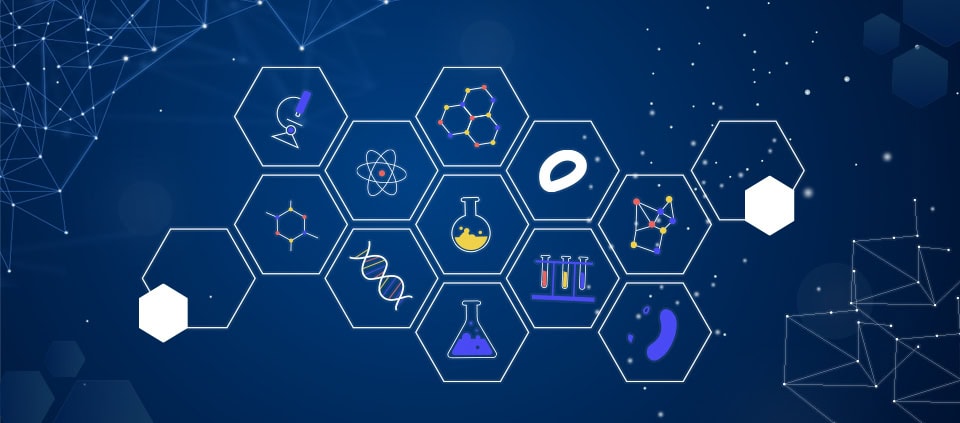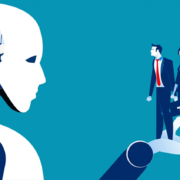Quantum “Spooky Action at a Distance” Lands Scientists Nobel Prize in Physics
October is the month for all things spooky, so it’s no wonder that The 2022 Nobel Prize in Physics has been awarded to three scientists whose work provided the groundbreaking “spooky at a distance” relationship in quantum mechanics.
While it is an odd phenomenon, there is nothing “supernatural” about the discovery of “spooky at a distance” behavior of particles. The theory, as proven by the work of the scientists receiving the awards, refers to the way that particles once “bound” together at the quantum level, will still behave as if they were bound, even when they are separated over great distances.
John F. Clauser, Alain Aspect, and Anton Zeilinger won the 10 million Swedish krona ($915,000) prize for “experiments with entangled photons, establishing the violation of Bell inequalities and pioneering quantum information science,” the Royal Swedish Academy of Sciences announced on Tuesday Oct. 4.
Albert Einstein who was aware of the phenomenon dubbed it “spooky action at a distance.”
This concept of “quantum entanglement” paves the way for such theoretical applications as teleportation and forms the very real basis for quantum computing. It is this “spooky” behavior of entangled particles that makes quantum computers orders of magnitude more powerful than even the most powerful supercomputers in use today.
A quantum computer in used by Google is said to be 100 million times faster than any of today’s systems.
What is a Quantum Computer?
The main difference between quantum computers and conventional computers is that they do not store and process information in the bits and bytes that we are familiar with, but rather in something else entirely, known as quantum bits, or “qubits.”
All conventional computing comes down to streams of electrical or optical pulses representing 1s or 0s. Everything from your tweets and e-mails to your iTunes songs and YouTube videos are essentially long strings of these binary digits.
Qubits, on the other hand, are typically made up of subatomic particles such as electrons or photons. The very same photons that were involved in the trio of scientists Nobel Prize winning experiments.
Qubits leverage quantum entanglement,” something that Einstein himself called “spooky action at a distance.”
A simple way of understanding “entanglement” is it is an interdependence based on a long an intimate relationship between the two particles, like a child who goes away to college across the country, but still is “dependent” on the support of his or her parents.
In quantum computing, entanglement is what accounts for the nearly incomprehensible processing power and memory of quantum computers. In a conventional computer, bits and processing power are in a 1:1 relationship – if you double the bits, you get double the processing power, but thanks to entanglement, adding extra qubits to a quantum machine produces an exponential increase in its calculation ability.
Quantum computing is still very much an emerging technology with large scale and practical applications still a way off. However, the technology is steadily graduating from the lab and heading for the marketplace. In 2019, Google announced that it had achieved “quantum supremacy,” IBM has committed to doubling the power of its quantum computers every year, and numerous other companies and academic institutions are investing billions toward making quantum computing a commercial reality.
Quantum computing will take artificial intelligence and machine learning to the next level. The marriage between the two is an area to pay very close attention to for startups as well as for where Big Tech will be going over the next five to ten years.
Zeilinger, 77, professor emeritus at the University of Vienna, said during a press conference about the award, “It is quite clear that in the near future we will have quantum communication all over the world.”
Kudos to the Royal Swedish Academy for recognizing the groundbreaking work of the gentlemen that have literally opened the door into another world and the unbridled potential of artificial intelligence and information technology.
Rohit Mahajan is a Managing Partner with BigRio. He has a particular expertise in the development and design of innovative solutions for clients in Healthcare, Financial Services, Retail, Automotive, Manufacturing, and other industry segments.
BigRio is a technology consulting firm empowering data to drive innovation, and advanced AI. We specialize in cutting-edge Big Data, Machine Learning, and Custom Software strategy, analysis, architecture, and implementation solutions. If you would like to benefit from our expertise in these areas or if you have further questions on the content of this article, please do not hesitate to contact us.









